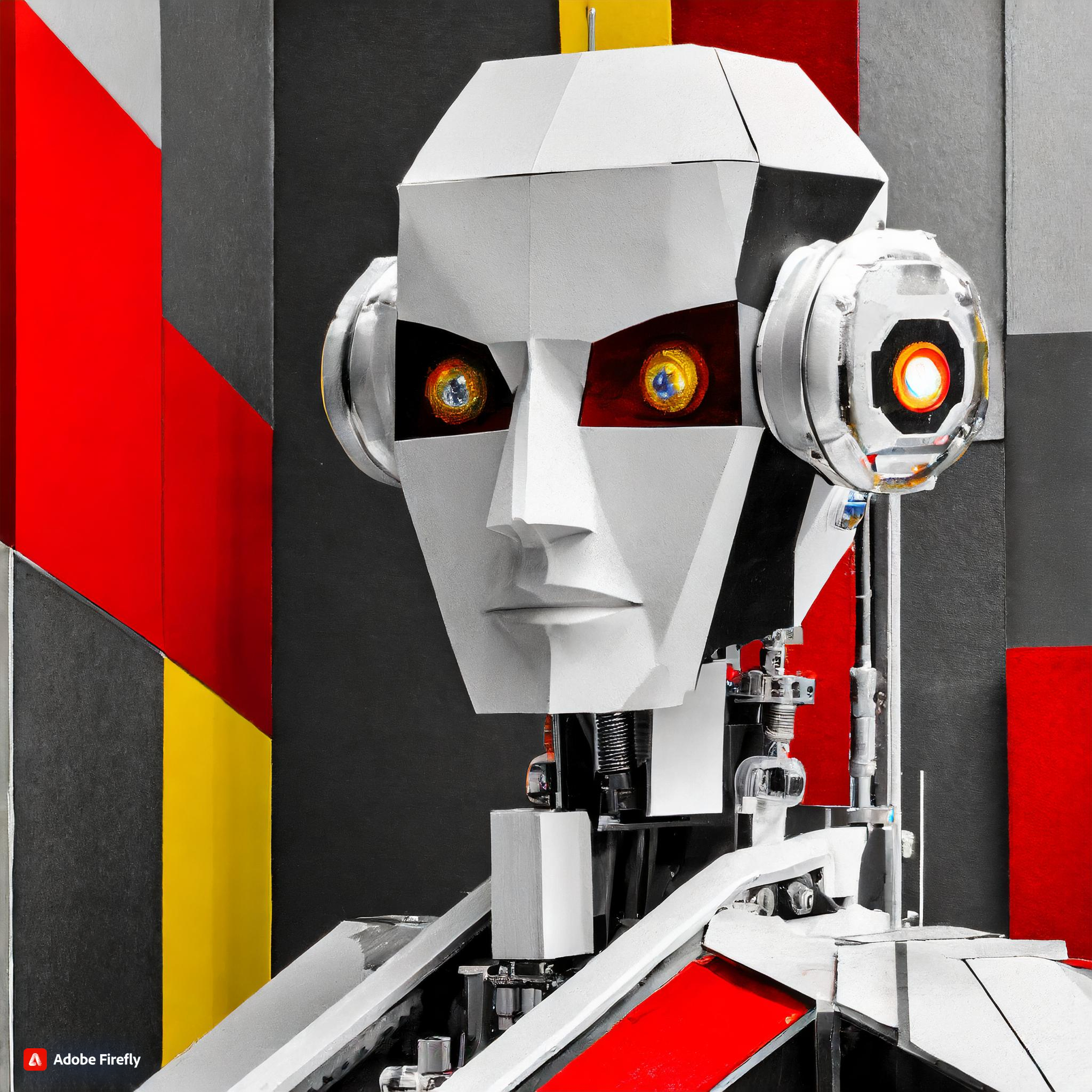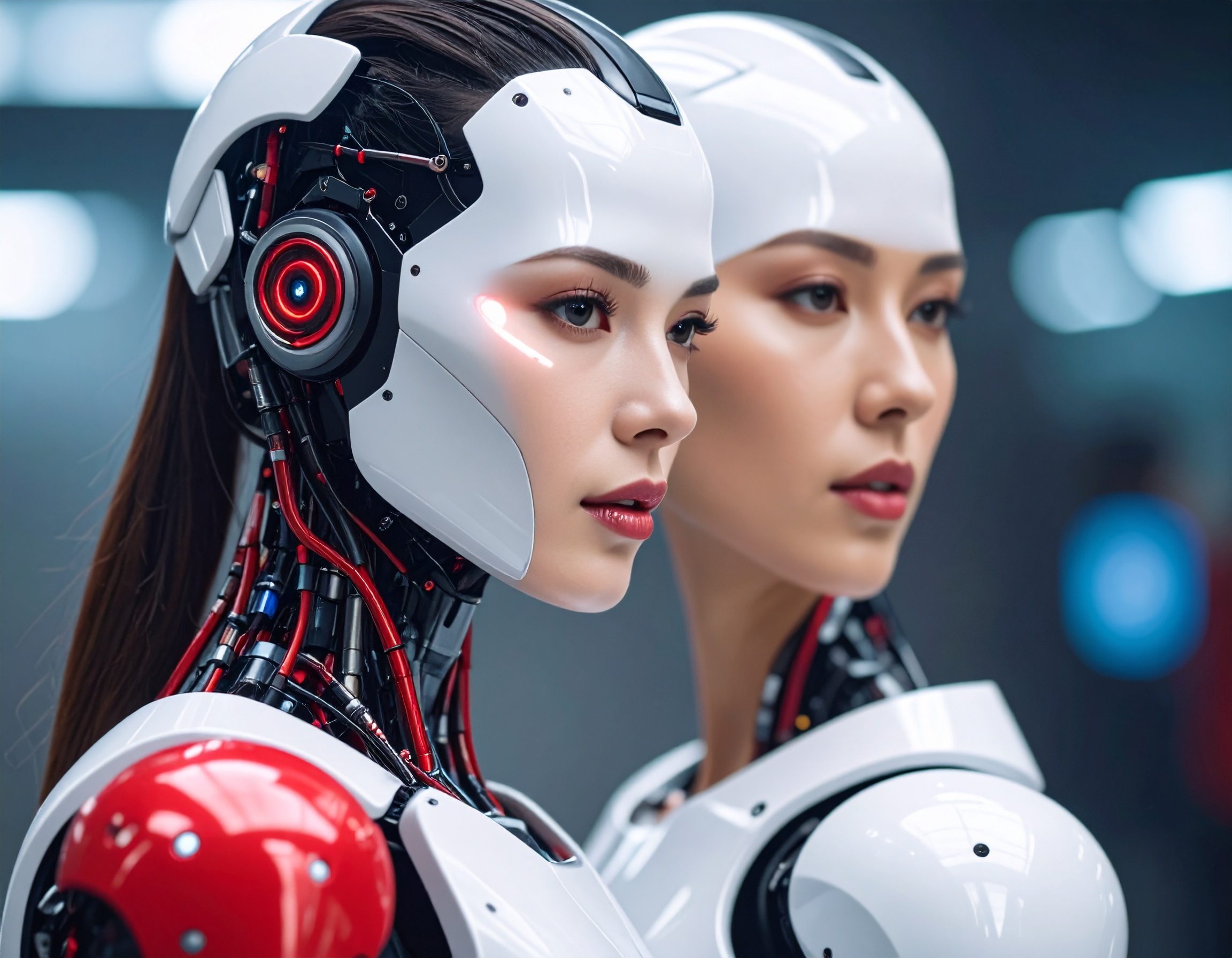The Rise of Intelligent Agents: Non-Human Workers in Agriculture

In a groundbreaking development for the agriculture industry, the deployment of intelligent agents, or digital employees, is rapidly transforming traditional farming practices. As reported recently by Future Farming, the integration of high-tech robots in agricultural operations marks a significant shift towards automation and efficiency. This transformation not only streamlines tasks but also revolutionizes the concept of farm labor, introducing non-human workers to the forefront of agricultural production.
One of the most notable advancements highlighted in the article is the emergence of highly sophisticated ag robots, equipped with cutting-edge technologies designed to optimize various aspects of farming. These robots, ranging from autonomous tractors to precision crop sprayers, offer unprecedented levels of precision, speed, and efficiency. For instance:
- Autonomous drones equipped with advanced sensors can monitor crop health and detect anomalies with unparalleled accuracy.
- Self-driving tractors equipped with GPS and AI capabilities can perform tasks such as planting, plowing, and harvesting with minimal human intervention.
- Precision spraying robots utilize AI algorithms to precisely target and apply pesticides or fertilizers, reducing waste and environmental impact.
The significance of this technological shift cannot be overstated, as it addresses critical challenges facing modern agriculture, including labor shortages, rising production costs, and environmental concerns. By leveraging intelligent agents, farmers can overcome these hurdles while increasing productivity and sustainability. Moreover, the adoption of ag robots paves the way for a more data-driven approach to farming, enabling informed decision-making based on real-time analytics and insights.
As witnessed in various agricultural settings worldwide, from large-scale farms to small family-owned operations, the integration of intelligent agents is reshaping the future of farming. This transformation not only enhances operational efficiency but also opens up new possibilities for innovation and growth within the industry. With the continuous advancement of robotics and AI technologies, the era of non-human workers in agriculture is poised to usher in a new era of productivity, sustainability, and prosperity for farmers globally.
Key Highlights:
- The agriculture industry is undergoing a revolutionary transformation with the widespread deployment of intelligent agents, or digital employees, in farming operations.
- Advanced ag robots, such as autonomous drones, self-driving tractors, and precision spraying robots, are equipped with cutting-edge technologies to optimize various tasks with precision and efficiency.
- These robots offer unprecedented levels of accuracy, speed, and automation, addressing critical challenges such as labor shortages, rising production costs, and environmental concerns.
- The integration of intelligent agents enables farmers to make data-driven decisions, leading to increased productivity, sustainability, and innovation within the agriculture sector.
- From large-scale farms to small family-owned operations, the adoption of ag robots is reshaping the future of farming and paving the way for a more efficient and sustainable agricultural system globally.
Reference:


